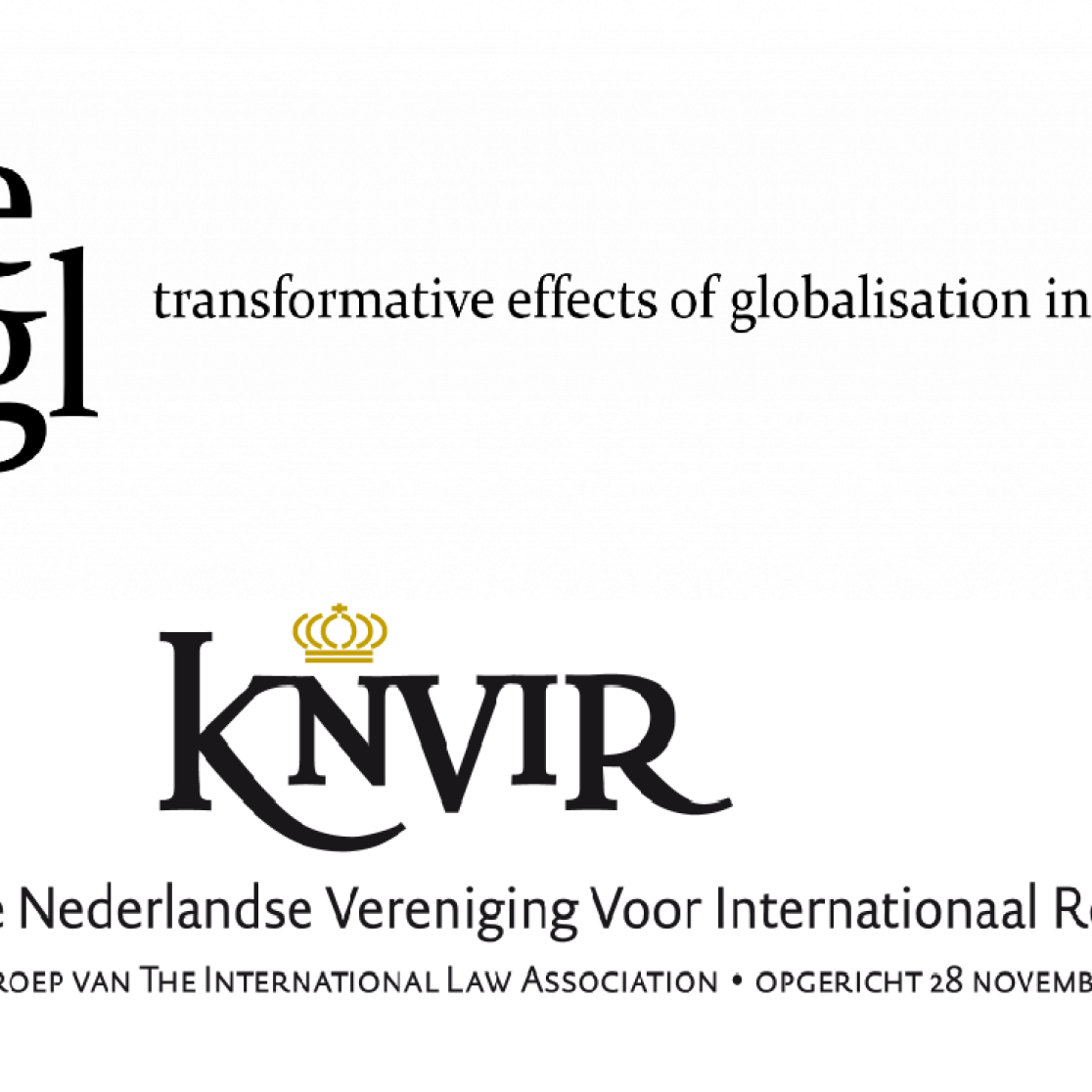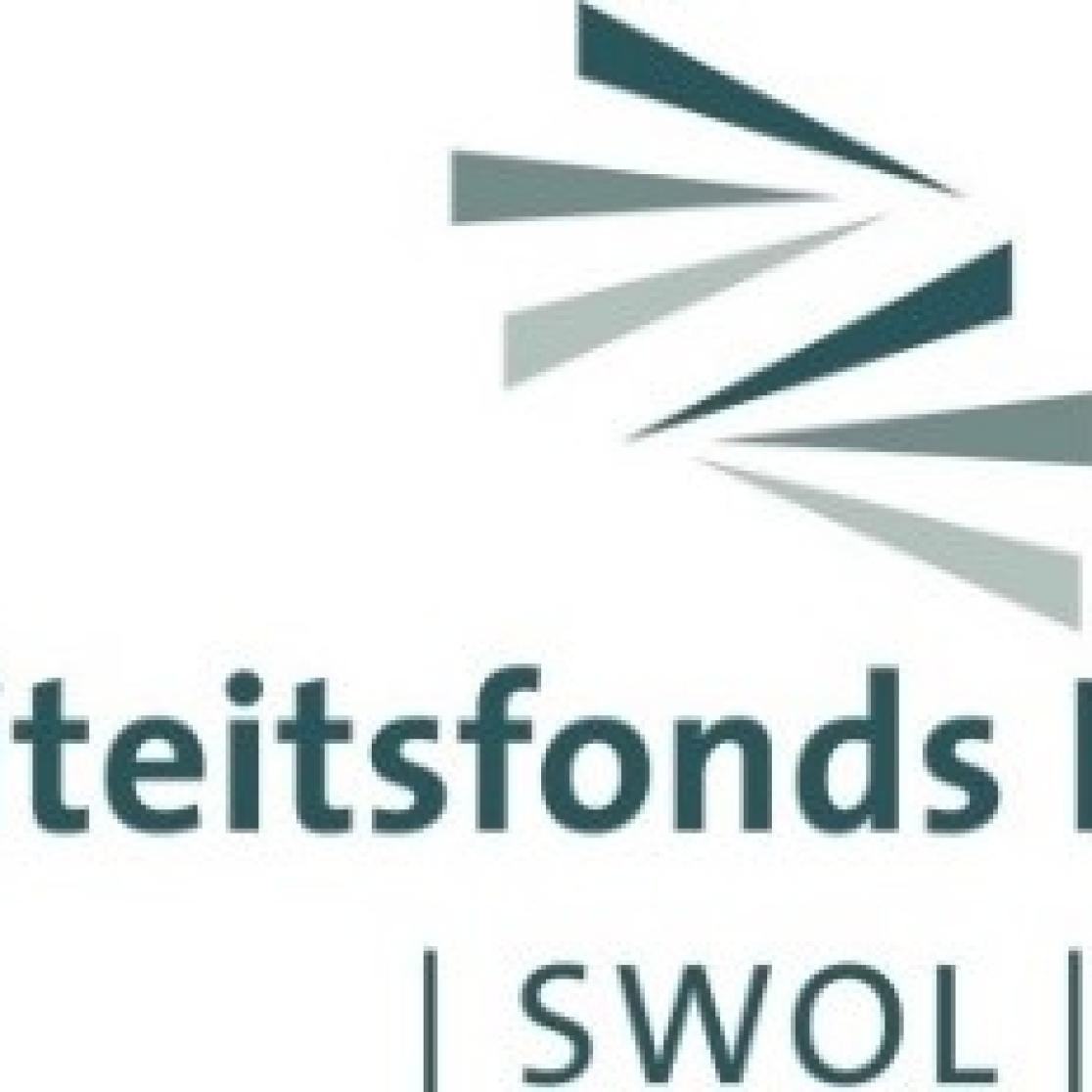Online Seminar: The Netherlands: a forum conveniens for collective redress?
On 5 February 2021 a group of renowned experts will discuss the (comparative) position of Dutch courts in the settlement of complex private transnational disputes in light of recent Dutch and European legislation.
The starting point for this event is the observation that a number of complex multijurisdictional cases find their way to the Dutch courts. Notorious examples of past and pending collective redress cases include the Shell Nigeria (environmental claims), Libor (market manipulation claims), Petrobras (investor claims) and the “truck cartel” (competition claims) cases.
This “Dutch-bound” trend raises questions about the adequacy of the legal framework for such complex cases, in particular with regard to the international jurisdiction of the Dutch courts, the scope of application of the new law on collective redress, the domestic and international coordination of proceedings, the available (extraterritorial) remedies, etc.
Furthermore, this trend begs a more fundamental question about the position of the Dutch courts in a fragmented legal landscape. The broad application of the Law on Collective Settlements and the more restrictive scope of the new law on collective action, illustrate some of these controversies. Should The Netherlands remain an international dispute settlement hub (forum conveniens) for such disputes?
Dutch and international academic experts, practitioners and policy-makers will lead the discussion from a legal, political and societal perspective. Please join us for an in-depth reflection on how to tackle such collective redress cases.
This conference is organised by Maastricht University, Tilburg University and University of Amsterdam (UvA), with the collaboration of the Open University, in the context of the Netherlands Sector Plan on the transformative effects of globalisation in the law.
Programme
| 5 February 2021 | |
| 10:30-10:40 | Opening and welcome |
| 10:40-11:25 |
Panel 1: The attractiveness of Dutch courts in the international scene. |
| 11:30-12:15 |
Panel 2: The attraction of the Dutch remedies. |
| 12:15-13:15 |
Lunch and walk break |
| 13:15-14:00 |
Panel 3: Squaring the circle: EU law and Dutch actions. |
| 14:05-14:50 |
Panel 4: The market for mass litigation. |
| 14:50-15:30 | Concluding remarks + networking |
Registration
The participation fee is free for academic participants from the participating Universities and other Universities in The Netherlands and abroad.
For all others, the fee is € 300,-
Practicing lawyers can request a certificate of attendance necessary for obtaining educational credits (Dutch attorneys: NOvA opleidingspunten).
Registration and payment by January 22nd.
(Click the green button on the right side of this page).
This event is partly financed by the research project The Transformative Effects of Globalisation in Law (TEGL) of the Sectorplan Social Sciences and Humanities.
We also thank the University Fund Limburg (SWOL) the Royal Netherlands Society of International Law’s (KNVIR) and the Law Facultary Science Committee or their financial contributions.

SWOL aims to support scientific research and education at Maastricht University. Science is a crucial building block to achieve a better future for next generations.

Also read
-
AI and the Future of Tax Law:
Rethinking Compliance, Governance, and Legal Design (online) This conference is organized by the Maastricht Centre for Taxation in cooperation with the Maastricht Law and Tech Lab. The aim of the conference is to discuss deeply the developments of AI usage in taxation and public administration, the...17 Dec18 Dec